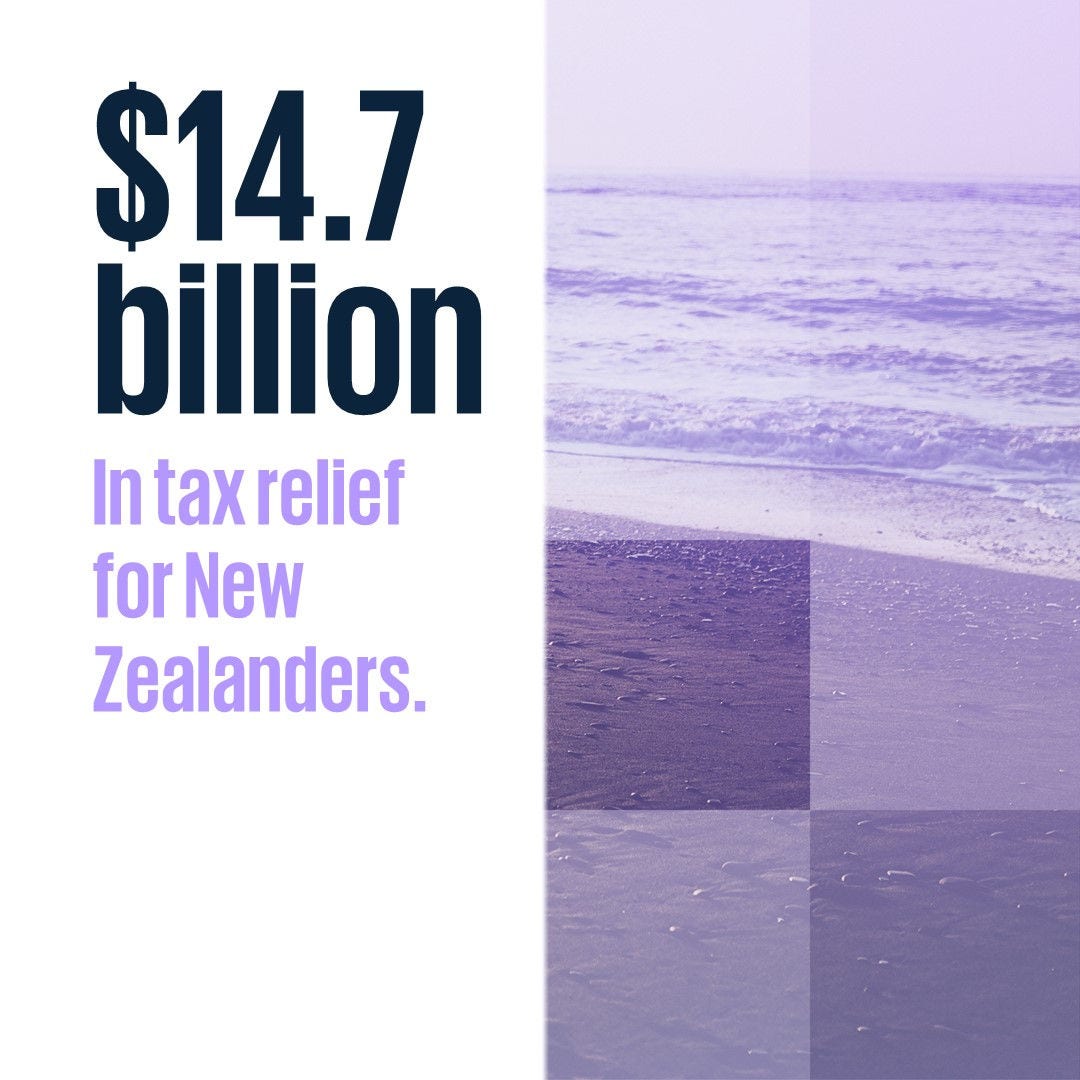The Budget, as expected, has delivered tax relief in the form of National’s personal income tax threshold increases, albeit the start date has been pushed out by a month from July to August, but no other significant tax changes. The Government’s other flagship election tax policies, to progressively reinstate interest deductibility and reduce the ‘bright-line’ taxing period to two years for residential rental properties, have already been implemented. As has the removal of commercial building tax depreciation, to help fund part of the cost of the various tax reductions. The Budget does forecast additional tax revenue of $500m over four years from Inland Revenue compliance activity, which is not surprising given the promise to increase audit funding in the National – NZ First coalition agreement.
So, in all, a case of no real tax surprises.
Looking ahead, what can we potentially expect in the form of tax changes over the medium term? What is clear is that the fiscal balance is precarious for the foreseeable future, which is likely to constrain major tax reform. Particularly if such reform is likely to reduce tax revenue.
Does this mean that any business-friendly tax changes are off the agenda? Not necessarily. The Government has signalled a focus on reducing compliance costs and red tape. So, what are some potential opportunities to reduce tax compliance costs, that is not going to result in significant tax revenue leakage?
Let’s start with Inland Revenue. Its recent Business Transformation means there is greater use of digital channels to interact with individuals and business. In general, this has resulted in a much-improved user experience. However, when we speak to clients, there is still some concern over multiple (and in some cases duplication of) Inland Revenue requests for information and the manual collection of data. We believe there are likely to be wins for both business and tax administration from Inland Revenue streamlining and, where possible, digitalising these information requests.






